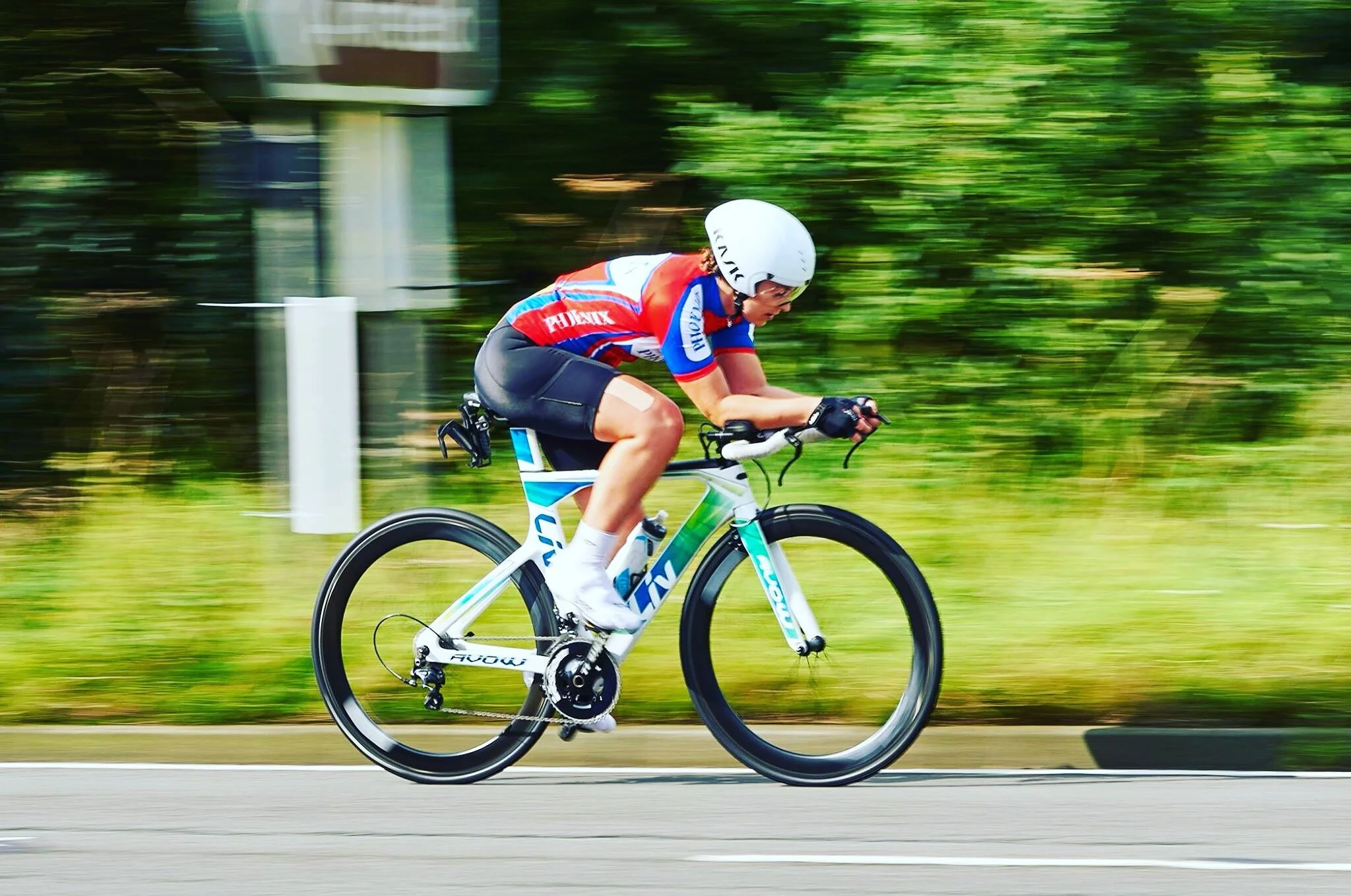The negative effects of overtraining
Many endurance athletes feel like they aren't doing enough training and try to constantly squeeze in another session to gain that extra training benefit without adequate rest. There's a fine balance between overreaching and overtraining. One pushes you and gets you stronger and fitter, the other can leave your performance in shreds resulting in injury and time off training. Here's my experience of what happened when I was intentionally overtrained as part of a research study.
Back in October 2016, two weeks after finishing Ironman Wales I spent a ridiculous amount of time attached to a wattbike while participating in a 'winter training study'.
It was actually an overtraining study that intentionally trained us beyond our normal capacity.
The main purpose of the study was to see the impact of extreme training on the heart and cardiovascular system, however they also monitored our sleep, eating habits, mood and performance measures.
Overtraining - The negative impact of training too much
My usual training volume at the time 10-12 hours a week on the bike. By adding just 3 extra hours in a week, I went from training being beneficial to my health, to it being detrimental to my health. In my experience there were 7 areas that were negatively affected when I trained too hard and too frequently without adequate recovery.
Resting heart rate
Engaging in more physical activity usually lowers your resting heart rate as your heart gets stronger. However, overtraining does the opposite and causes your resting heart rate to increase, rather than decrease.
My normal resting heart rate hovered around 47 bpm, thanks to a strong endurance training base. However, as my training intensity and frequency increased too much I could feel my heart rate going up, often racing during the day for no reason when I wasn't doing anything. After three weeks of overtraining, within a 7 day period my resting heart rate went from 47 to 51 to 66 to 88 beats per minute. Thankfully it only took two weeks of tapering to come back down again.
Maximum heart rate
I don't always look at heart rate while training, however normally in an intense session I would be able to get my heart rate up to 180-190bpm. While overtraining I was trying to do sessions to specific heart rate zones, and could NOT for the life of me get my heart rate over 160, despite pushing my hardest and breathing so intensely it appeared I was having an asthma attack. Very frustrating!
Not only were training sessions more difficult, but normal daily activities were harder than normal. Walking up stairs for example literally took my breath away some times. I'm pretty sure I climbed up the stairs in my house on many occasions as my legs were unable to do it for me!
Rate of perceived effort
During the overtraining phase of the study I was in, EVERYTHING seemed so much harder than normal. My muscles ached, breathing was much more laboured and the numbers popping up on the screen didn't seem to reflect how much effort I was putting in.
Sleep quality
I'm a poor sleeper at the best of times, averaging about 5-6 hours a night usually. Add a hefty dose of overtraining? I become a terrible sleeper! I could have really benefitted from taking some naps in the afternoons but unfortunately my uni and work schedule would not allow this. So I ended up with some major sleep debt. I can see why professional athletes nap so often.
Concentration
Between about 2pm and 5pm most days, my brain seemed to be mush during the high training phase. I would try my best to concentrate, but literally I could focus for a few minutes at best before drifting off. As a result I was quite unproductive during this period, which was very stressful as it happened to occur during key periods of assignments and work deadlines.
Mood & mental state
On the whole I'm a fairly stable person both mentally and emotionally. However, when I was training above and beyond my normal capacity I found my mental and emotional state was all over the place. At one point I cried for no reason almost every day for a week. The tiniest things would get me upset, unsettled, worked up and stressed. I just couldn't deal with things that normally wouldn't bother me in the slightest.
Motivation
Usually it's a struggle to keep me off my bike, however I found towards the end of the 10 weeks training that I lost all interest in cycling. I didn't want to compete, I didn't want to train, and I had huge negative messages playing out inside my brain whenever it came to testing. It was a major battle to complete all my training and testing sessions, let me tell you. I lost all internal motivation, desire and enjoyment of doing something that I usually love.
I learnt a huge amount about sports nutrition, human physiology and exercise science by participating in this study, however it's not something I would be signing myself up for again in the future any time soon. I got very sick a week after the study finished and it took my six months of rest to begin to want to ride my bike again!
Seeing just how damaging excessive training without adequate rest and recovery was to my body, not only physically for performance but for daily life was a valuable lesson. I'm now so much more aware of the acute signs that can signal I'm doing too much to avoid over-doing it in the future.
Gemma



